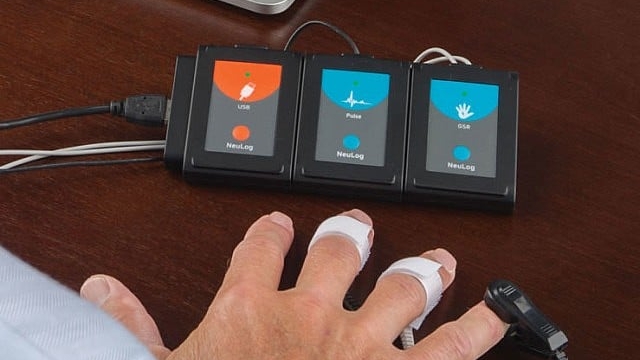
Welcome to the intriguing world of lie detector tests, where the quest for truth meets the complexities of human nature. When it comes to unraveling mysteries and uncovering hidden truths, lie detector tests have long been utilized as a tool in the pursuit of justice and honesty. Whether in high-stakes criminal investigations or everyday situations seeking clarity, the idea of a machine capable of detecting deception captures our imaginations and challenges our understanding of human behavior. Exploring the nuances of this controversial investigative method reveals a blend of science, psychology, and ethical considerations that shape our perceptions of trust and accountability.
Types of Lie Detector Tests
There are several types of lie detector tests commonly used to detect deception. One popular method is the polygraph test, which measures physiological responses such as heart rate, blood pressure, and perspiration levels to determine if someone is lying. Another type of lie detector test is the voice stress analysis test, which analyzes changes in a person’s voice to detect signs of deception. Additionally, there is the eye tracking test, which monitors eye movements and patterns to detect changes in behavior when lying.
Each type of lie detector test has its own strengths and limitations in detecting deception. The polygraph test is one of the most well-known and widely used methods, but its accuracy has been the subject of debate. Voice stress analysis tests claim to be able to detect deception through changes in a person’s voice, but studies have shown mixed results regarding its reliability. Eye tracking tests are relatively newer and less common but offer a unique perspective on detecting deception through subtle changes in eye behavior.
Accuracy and Controversies
Lie detector tests are used to measure physiological responses that are believed to indicate deception. While proponents claim these tests are highly accurate in detecting lies, there is ongoing debate in the scientific community regarding their reliability.
Critics argue that lie detector tests are not foolproof and can be influenced by various factors such as the subject’s emotional state, physical condition, or even the skills of the examiner. This has led to concerns about the potential for false positives or false negatives, highlighting the limitations of relying solely on these tests for determining truthfulness.
Despite the controversies surrounding their accuracy, lie detector tests continue to be used in various settings including law enforcement investigations and pre-employment screenings. It is essential for individuals undergoing such tests to be aware of the limitations and potential inaccuracies associated with these methods of detecting deception.
Ethical Considerations
Lie detector exam
When it comes to utilizing lie detector tests, there are ethical considerations that must be carefully pondered. The very essence of these tests raises questions about privacy and consent, as individuals may feel pressured or violated when subjected to such examinations. Additionally, the reliability of lie detectors can be a point of contention, potentially leading to unjust accusations or implications based on inaccurate results.
Moreover, the psychological impact on those undergoing lie detector tests cannot be overlooked. The stress and anxiety associated with such tests may have long-lasting effects on an individual’s mental well-being and overall trust in the system. It is crucial for administrators and policymakers to approach the use of lie detectors with sensitivity and understanding of the potential repercussions on the human psyche.
Furthermore, considerations related to fairness and bias must be taken into account when using lie detector tests, as results can sometimes be influenced by external factors such as cultural differences or personal biases. Ensuring that the administration of these tests is unbiased and conducted by trained professionals is essential to uphold ethical standards in the realm of lie detection.


